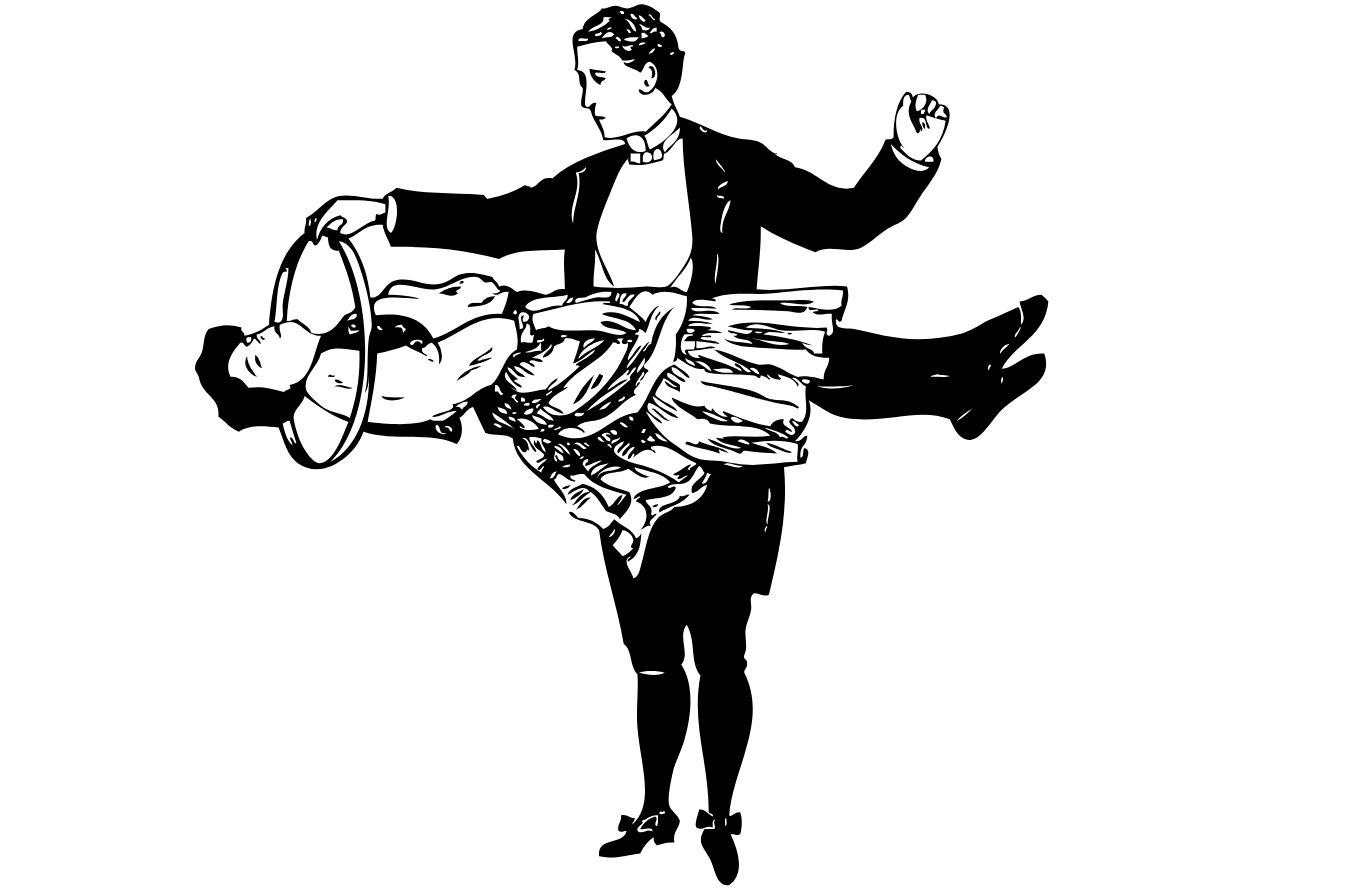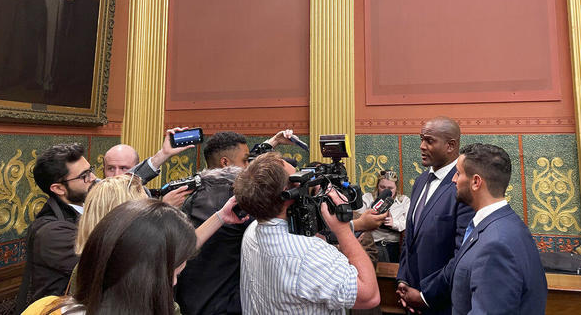Michigan high court hears ballot-question case
More than half the states in the U.S. allow voters to make law directly, through ballot initiatives. In those states it’s not uncommon to let legislatures short-circuit such efforts, but only by enacting the same law before it goes before voters.

In Michigan, though, that power has lately been used instead to prevent voters from having their say. In a process dubbed “adopt-and-amend,” the legislature first adopts the proposed law on its own, which makes it unnecessary – and impossible – to put the same question before voters. Once the election has passed, the legislature then revokes the same law, or severely amends it.
In short: now you see it, now you don’t.
In 2018 this tactic was used twice by a Republican-controlled legislature to undermine two Democratic-led initiatives. One would have raised the state’s minimum wage; the other would let employees of small businesses accrue sick leave.
Proponents of these measures cried foul, and now the controversy is before the Michigan Supreme Court.
On Thursday the court heard oral arguments in the case. The state constitution gives the legislature only forty days to approve or reject ballot language, and critics say “adopt-and-amend” violates the letter and spirit of that language. Several justices, however, seemed wary of placing any limits on the legislative branch unless explicitly outlined in the constitution.
And the consequences? If voters had approved the minimum wage question, tipped workers next year would be guaranteed over $13 an hour. Without it, the tipped minimum wage will be $3.93.


